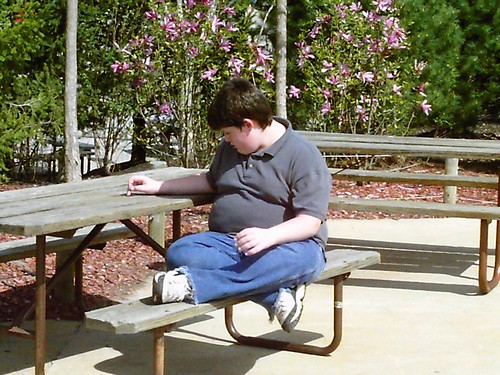
Photo: harvestersfellowship
This aspect of teaching is not found in curriculum of the public schools. Christian homeschooling are distinct for each family. Some accurately design their home to look like a "school", complete with textbooks, desks, flag salute, and yes, recess. Others make homeschooling a way of life, choosing not so much in utilizing workbooks, required texts and schedules.
Here, both children and parents learn through life experiences; teaching, learning and studying is part of their everyday routine instead of a closely controlled classroom setting. Whatever is each family's homeschooling setup, their objective is all alike, that of giving their children important information while at the same time imparting in them.
How to become critical thinkers and independent individuals that are aware and conscious of the choices they make. Families that homeschooling adjust its setting to fit both their philosophies and lifestyle. There is no wrong or right way to shape and construct an environment for their home Christian school.
Christian families make the most of all the limitless resources accessible, using the Bible, literature, home economics, nature and every living thing as their principal basis of education, constantly integrating teachings from the Bible in each subject matter.

Photo: † David Gunter
Christian homeschooling allow the parents to impart God's Word to their child. It is an environment of spiritual and moral reinforcement through which kids are being trained seriously in the Word of God, mainly to act and think as Christians. Typically, the curriculum in a Christian homeschooling spends a meaningful and substantial time in the study of the Bible, wherein the focus is God's scripture.
Christians choose to home educate their children primarily because of their faith that God's plan is revealed through parents raising and educating their own children. In fact, Christians firmly acknowledge that it is the way of the Bible; there is no other educational system than this.
The Bible pages support by instruction, example and principle, a course that resembles closely home education. Christians actually accept that God did not even suggest schools to be attended by His people, that schools were a product of man.



